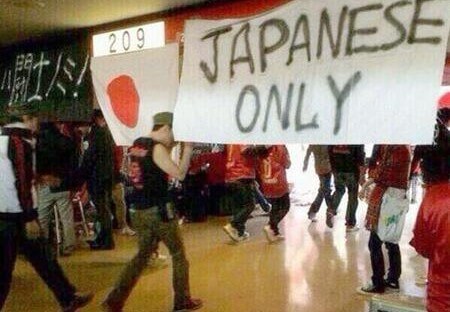Many people imagine that moving to Japan represents escaping reality. For members of the disenfranchised class, this makes sense considering the low rate of homicide and other forms of violence. For black people, seeing police officers as public servants rather than ‘race-soldiers,’ or just being able to flag-down a taxi cab—like everyone else—is enough reason to believe they have discovered ‘heaven-on-earth.’
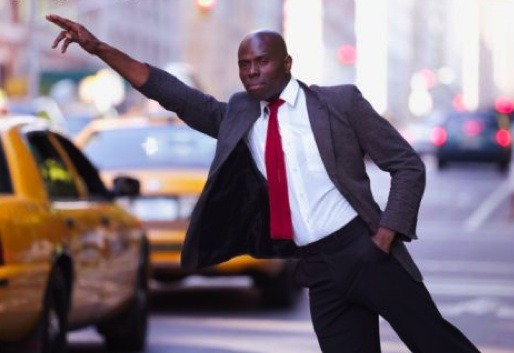
Being of Japanese descent, some my motives for migrating to this island-nation are somewhat different from most foreign-nationals, but considering the main reason I even considered it in the first place was the hope of distancing myself from the systemic racism in the United States, at the end of the day, my situation is not so unique. Like most, I was trying to escape what I considered to be a toxic environment.
Youtuber, Jerry Chen, posted a video entitled, Escape to Japan, where he provides vivid footage of his trips to tourist areas in Tokyo, Osaka, Kyoto, Nara, and Hakone. It is a very poignant and nostalgic presentation of culture, events, and people from, shall we say, the ‘Japanophile’ perspective. After Japanese anime or video game aficionados watch this video, I can imagine them immediately dropping whatever they are doing and packing their suitcases…Lol!
But is this the whole story?
Filmmakers Keith Bedford and Shiho Fukada, in their NPR broadcast, Living While Black in Japan; All Things Considered, interview Blacks from America about their decision to leave their home-country behind. Most of the panelists cite racism (in the U.S.) or “feeling free” in Japan as their main incentive. But are people in Japan free? I doubt most Japanese would agree. In fact, a Japanese lady in her 40s once asked me why I wanted to live in Japan? After I ran down the same list of reasons such as wanting to connect with my Japanese roots, visit the graves of my ancestors, etc., she cut me off with: “But, in America, you used to be free, right?”
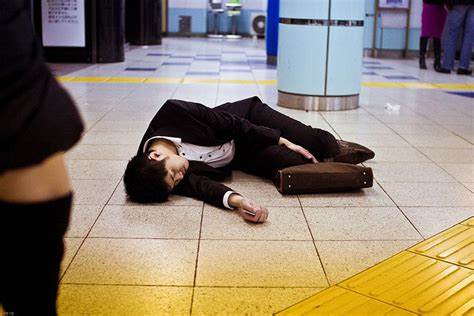
The Japanese work environment is infamous for incredible amounts of overtime and having a very rigid hierarchy. There is usually a trending story in the news regarding suicide (jisatsu), bullying (ijime) or some other societal malady. But these incidents normally only involve Japanese. So, is it feasible to believe the foreign population can be free in a society where the dominant population is not? This line of thinking seems out of line with logic, not to mention common-sense.
The two most commonly accepted definitions of Freedom are: (1) the condition of being free; the power to act or speak or think without externally imposed restraints. (2) immunity from an obligation or duty. According to these explanations, it is obvious why many feel freer in Japan than in their home country because there are few legal parameters in place to stop an individual from employment, going to a certain restaurant, or being falsely arrested or forced to do something against their will. But, again, is this only part of the discussion?
Another Youtuber, known as “Mrs. Eats,” is a Japanese woman who is married to an Asian man. He may be Filipino-American, I am not sure. In part 1 of their video series, Why you will Hate Living in Japan, they introduce the concept of a “Cultural Iceberg” in which the visible part of the iceberg that everyone can see represents material aspects of the culture such as anime, video games, or the food, while the majority of the iceberg that is not visible to the naked eye contains the non-material aspects like work ethic and views on discrimination. According to the couple, there are four phases that people immigrating to Japan experience: the Honeymoon, Frustration, Adjustment, and Acceptance.
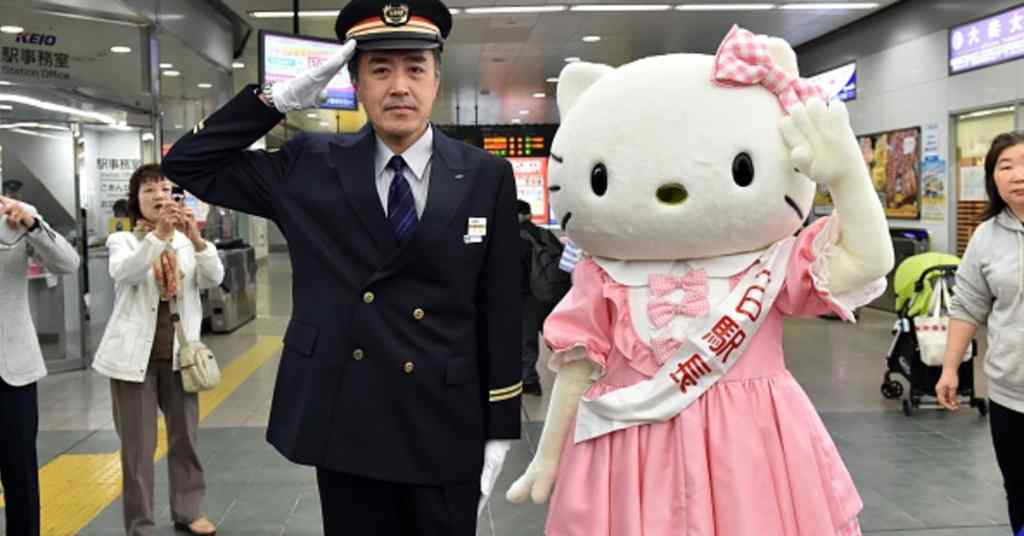
The Honeymoon is the initial fascination with living in a new country. It includes anything that lured a person to Japan. Most of this is well represented in tourist ads, videos, movies, and other mainstream broadcasts. The duration of this period varies from person to person but, inevitably, the novelty wears off. Once this occurs some of the icons which used to float your boat such as manga, Lolita fashion, Cosplay, or the etiquette have become normalized and may even seem silly or even foolish. This is the seldom mentioned phase of frustration. People are now able to see beyond the shallow, material level and, as a result, are noticing other attributes that were not so apparent before such as a ‘glass ceiling’ being placed on them. Other targets of frustration may be feelings of loneliness, their daily commute, or overall job satisfaction. However, it is the two final phases, the Adjustment and Acceptance stages which really got my attention because they discuss how a foreign-national must learn to adjust themselves to Japanese norms and accept things for how they are. Although this is true, in my opinion, their analysis leaves out the specifics of exactly what a foreign-national must adjust to and how if a person does this correctly, it can result in Japanese ‘accepting you for who you are,’ as opposed to someone just accepting being slotted into the common designation of an outsider—a gaijin—that Japanese learn to tolerate.
If a person strictly adjusts to someone else’s expectations in order to be accepted, this could result in even more frustration and unhappiness. There are few things in life worse than to be surrounded by people and simultaneously feel lonely. How does a person in a strict society like Japan, where the citizens are expected to remain reserved and not rock the boat, command enough respect to have the populace adjust to them?
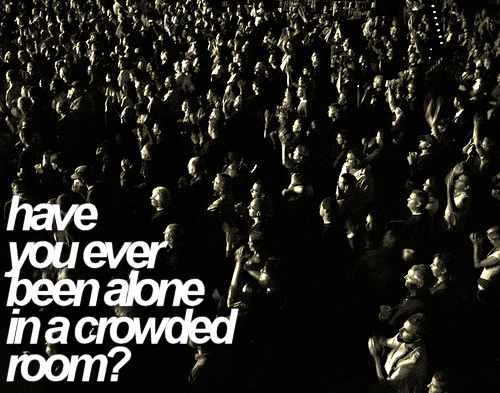
This complex topic is covered in the only book on Mental Health for Blacks in Japan: 21st Century Japan Decoded.
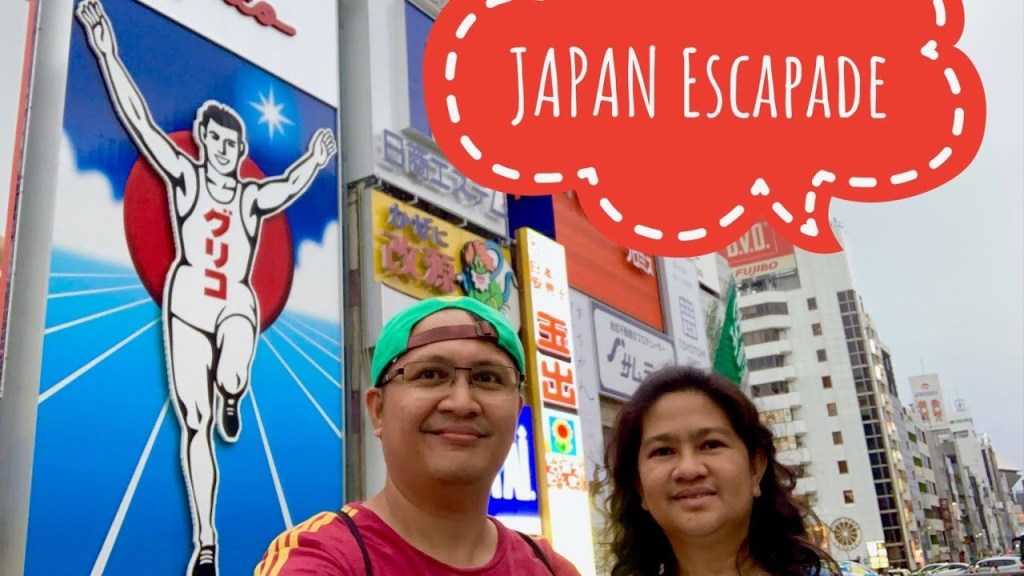
Takuan Amaru
Many people imagine that moving to Japan represents escaping reality. For members of the disenfranchised class, this makes sense considering the low rate of homicide and other forms of violence. For black people, seeing police officers as public servants rather than ‘race-soldiers,’ or just being able to flag-down a taxi cab—like everyone else—is enough reason to believe they have discovered ‘heaven-on-earth.’

Being of Japanese descent, some my motives for migrating to this island-nation are somewhat different from most foreign-nationals, but considering the main reason I even considered it in the first place was the hope of distancing myself from the systemic racism in the United States, at the end of the day, my situation is not so unique. Like most, I was trying to escape what I considered to be a toxic environment.
Youtuber, Jerry Chen, posted a video entitled, Escape to Japan, where he provides vivid footage of his trips to tourist areas in Tokyo, Osaka, Kyoto, Nara, and Hakone. It is a very poignant and nostalgic presentation of culture, events, and people from, shall we say, the ‘Japanophile’ perspective. After Japanese anime or video game aficionados watch this video, I can imagine them immediately dropping whatever they are doing and packing their suitcases…Lol!
But is this the whole story?
Filmmakers Keith Bedford and Shiho Fukada, in their NPR broadcast, Living While Black in Japan; All Things Considered, interview Blacks from America about their decision to leave their home-country behind. Most of the panelists cite racism (in the U.S.) or “feeling free” in Japan as their main incentive. But are people in Japan free? I doubt most Japanese would agree. In fact, a Japanese lady in her 40s once asked me why I wanted to live in Japan? After I ran down the same list of reasons such as wanting to connect with my Japanese roots, visit the graves of my ancestors, etc., she cut me off with: “But, in America, you used to be free, right?”

The Japanese work environment is infamous for incredible amounts of overtime and having a very rigid hierarchy. There is usually a trending story in the news regarding suicide (jisatsu), bullying (ijime) or some other societal malady. But these incidents normally only involve Japanese. So, is it feasible to believe the foreign population can be free in a society where the dominant population is not? This line of thinking seems out of line with logic, not to mention common-sense.
The two most commonly accepted definitions of Freedom are: (1) the condition of being free; the power to act or speak or think without externally imposed restraints. (2) immunity from an obligation or duty. According to these explanations, it is obvious why many feel freer in Japan than in their home country because there are few legal parameters in place to stop an individual from employment, going to a certain restaurant, or being falsely arrested or forced to do something against their will. But, again, is this only part of the discussion?
Another Youtuber, known as “Mrs. Eats,” is a Japanese woman who is married to an Asian man. He may be Filipino-American, I am not sure. In part 1 of their video series, Why you will Hate Living in Japan, they introduce the concept of a “Cultural Iceberg” in which the visible part of the iceberg that everyone can see represents material aspects of the culture such as anime, video games, or the food, while the majority of the iceberg that is not visible to the naked eye contains the non-material aspects like work ethic and views on discrimination. According to the couple, there are four phases that people immigrating to Japan experience: the Honeymoon, Frustration, Adjustment, and Acceptance.

The Honeymoon is the initial fascination with living in a new country. It includes anything that lured a person to Japan. Most of this is well represented in tourist ads, videos, movies, and other mainstream broadcasts. The duration of this period varies from person to person but, inevitably, the novelty wears off. Once this occurs some of the icons which used to float your boat such as manga, Lolita fashion, Cosplay, or the etiquette have become normalized and may even seem silly or even foolish. This is the seldom mentioned phase of frustration. People are now able to see beyond the shallow, material level and, as a result, are noticing other attributes that were not so apparent before such as a ‘glass ceiling’ being placed on them. Other targets of frustration may be feelings of loneliness, their daily commute, or overall job satisfaction. However, it is the two final phases, the Adjustment and Acceptance stages which really got my attention because they discuss how a foreign-national must learn to adjust themselves to Japanese norms and accept things for how they are. Although this is true, in my opinion, their analysis leaves out the specifics of exactly what a foreign-national must adjust to and how if a person does this correctly, it can result in Japanese ‘accepting you for who you are,’ as opposed to someone just accepting being slotted into the common designation of an outsider—a gaijin—that Japanese learn to tolerate.
If a person strictly adjusts to someone else’s expectations in order to be accepted, this could result in even more frustration and unhappiness. There are few things in life worse than to be surrounded by people and simultaneously feel lonely. How does a person in a strict society like Japan, where the citizens are expected to remain reserved and not rock the boat, command enough respect to have the populace adjust to them?

This complex topic is covered in the only book on Mental Health for Blacks in Japan: 21st Century Japan Decoded.



